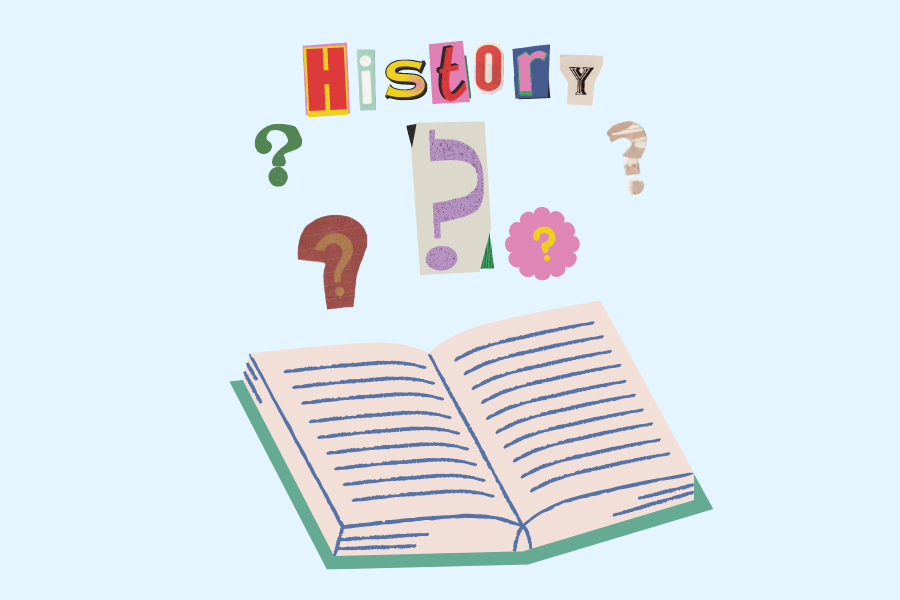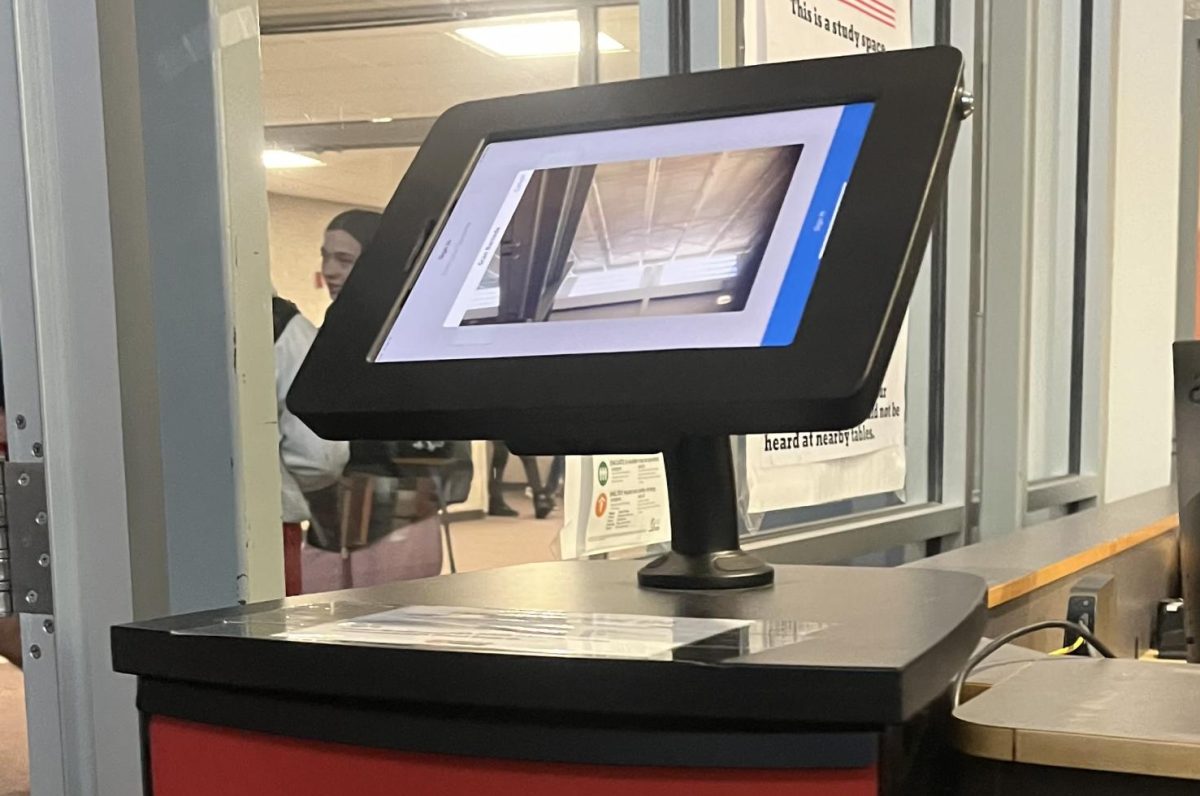Up until this year, my French classes at school have been centered around the French language. Conjugations, vocabulary, and grammar were all the core aspects of the curriculum. However, this year in French 4 around 50% of the year is spent learning French history, rather than the language. This has sparked a lot of discussion between me and my classmates. Is learning history in a language class beneficial to my learning and comprehension of the language?
In June, myself and several other students will be traveling to Barcelona and Paris to put our three to five years of language classes to use. For French students, a minimum completion of French 3 was necessary to sign up. However, after spending a good portion of my year learning French history, I have found myself beginning to forget some conversational skills I was taught in previous years.
Simple tasks such as ordering at a restaurant or asking for the time in French have escaped my mind, since practicing speaking and vocabulary has decreased by about half this year. This practical necessity for learning the language before I travel abroad is just one reason why the history aspect of my French class has been somewhat unbeneficial to my, and several other students’, learning of the French language.
While informational, the history of a nation or language is not what most students have in mind when signing up for a foreign language elective. Most highschoolers’ interests are piqued by the idea of becoming bi or trilingual with the help of an instructor at school. For many, the idea of learning history is not present in their thoughts when signing up for these courses.
A solution to this problem would be to create a separate course for the learning of French, German, Spanish or Latin (the languages offered at WHS) history. This way, students can learn a new language in their language classes, while students interested in the history of other nations can still receive that information.
Some may argue that learning history and reading about it in another language is just as helpful to the comprehension of that dialect. In many classes at WHS, teachers may assign students to read from a textbook in a different language in order to be tested later on the historical facts within the reading. While this may seem helpful, my classmates and I often find ourselves grasping at the meaning of the text. We use other means of translation, such as our teacher or a website, in order to decipher the pages. A much faster and more practical means of learning the language would be to learn verbs and grammar before jumping into history textbook readings.
While some students may enjoy learning about the history of their chosen foreign language in school, it is also true that many desire simply to learn the practical speaking aspects of the language itself. Lowering the amount of the vocabulary and grammar taught in class in order to make room for history lessons is not beneficial to the learning of most students in this subject matter.
The foreign language teachers at Westside do an excellent job of teaching their respective languages. I am not denying this fact whatsoever. I have had nothing but a positive experience with the French department and plan on taking AP French next year. However, in my experience, learning history as such a large portion of the curriculum has been relatively unhelpful to my learning and comprehension of the French language, and many other students at WHS can likely agree.









